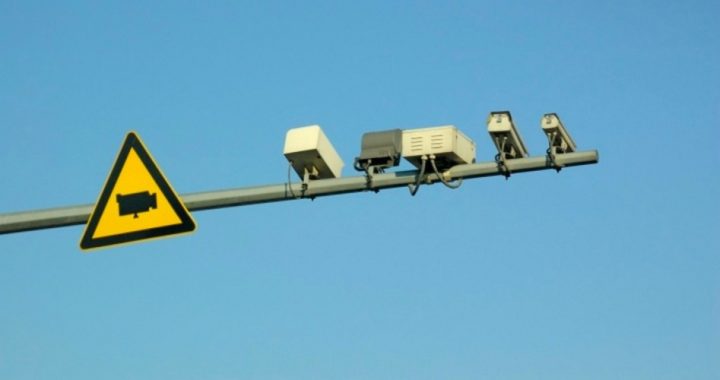
Lawmakers in Iowa City, Iowa, unanimously passed an ordinance on Tuesday that restricts the use of traffic enforcement cameras, drones, and automatic license plate recognitions systems. A second and third vote on the ordinance will take place June 18. It is reportedly the first municipal bill in the country to simultaneously ban all three law enforcement tools.
While red light cameras and drones have long been the subject of controversy for various reasons, lawmakers in Iowa City are addressing in particular the privacy concerns connected with the use of such devices. According to the website arstechnica.com, “Privacy experts say that they’ve never seen a law at any level of government that’s comparable to what Iowa City has proposed, and not just because it’s a three-in-one privacy-minded bill.”
The bill currently reads:
The City shall not:
A. Use any automatic traffic surveillance system or device, automatic license plate recognition system or device, or domestic drone system or device for the enforcement of a qualified traffic law violation, unless a peace officer or Parking Enforcement Attendant is present at the scene, witnesses the event, and personally issues the ticket to the alleged violator at the time and location of the vehicle.
Iowa City’s ordinance was proposed by a citizen group called Stop Big Brother, comprised of Iowa City residents who oppose the increased use of surveillance technology. The group’s website declares:
Surveillance technology, and in particular traffic surveillance technology, is increasingly being pushed by technology vendors and device manufacturers to municipalities across the country under the banner of increased public safety. At its core, though, traffic surveillance has little to do with safety and everything to do with revenue. Worse yet, our liberties, constitutional rights, and this country’s founding principles all end up being the collateral damage.
Stop Big Brother’s initiative has the support of the American Civil Liberties Union, which submitted a legal argument on behalf of the group’s founders, Aleksey Gurtovoy and Martha Hampel, last year when they filed an affidavit to start the initiative.
Though Iowa City does not currently use drones to enforce traffic law, Gurtovoy asserts that the group is being “proactive.”
“The city might say they have no plans (for drones or license plate readers) but it’s been our experience that this can change in a very short amount of time,” Gurtovoy told arstechnica.com. “What usually happens is that someone comes into the city and says that [the city] could use this tech to ‘benefit’ the public.”
City attorney Eleanor Dilkes fully expected the ordinance to pass in the first vote, as well as the second and third.
“The city manager and I talked and that was the recommendation, as that it does not affect our current operations and that its only binding after a period of two years,” said Dilkes, who affirms that the city has no plans to purchase drones or license plate readers at this time.
If the ordinance passes the second and third votes, the law would go into effect on June 27.
Privacy advocates are celebrating the efforts in Iowa City.
Lee Tien, staff attorney at the Electronic Frontier Foundation, called the ordinance “pretty awesome to see.”
Woodrow Hartzog, law professor at the Cumberland School of Law at Samford University, touted a number of benefits the bill provides:
This ordinance would seemingly prevent a host of activities deemed dubious by some citizens, including tickets from red light cameras and automated tickets for moving violations issued via the mail. The ordinance also provides robust privacy protections for citizens by limiting the storage, use, and distribution of data collected by these automated systems to reasons directly pertaining to traffic other criminal violations enforced by an officer on the scene. This ordinance is one of the most comprehensive and vigorous attempts I’ve seen to combat automated law enforcement and surveillance, a practice that is being increasingly rejected by citizens over privacy and due process concerns, among other things.
But Linda Lye of the ACLU of Northern California, a leading proponent on restrictions for the use of domestic drones, believes that the language in the ordinance specifically addressing drones should be even stronger.
“The scope of the restriction is not all that broad,” she told arstechnica.com, “as it limits use of surveillance devices for parking enforcement (unless an officer is personally present) but doesn’t limit use of drones, etc. for other purposes.”




